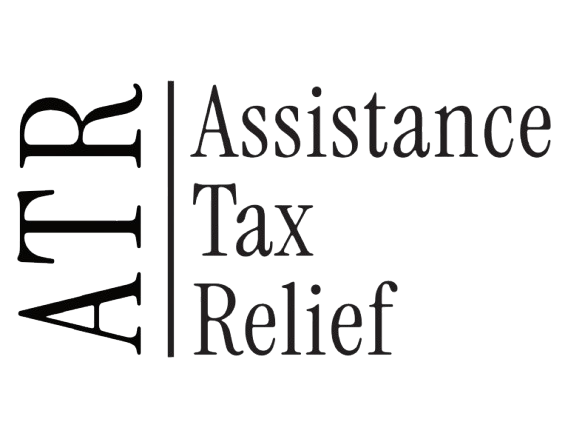State Tax Debt: Differences & Strategies Compared to the IRS
When people think about tax debt, the IRS usually steals the spotlight. But here’s the truth: state tax agencies can be just as aggressive—sometimes even more so—when collecting unpaid taxes. And unlike the IRS, states often have different rules, shorter timelines, and fewer options for relief.
If you have state tax debt (or both state and federal), knowing the differences is key to protecting your paycheck, bank account, and even your driver’s license.
1. How State Tax Agencies Differ from the IRS
Collection Timelines
IRS: Generally has 10 years to collect on a tax debt before it expires.
States: Some have longer statutes—or none at all. In certain states, tax liens can be renewed indefinitely, keeping the debt alive for decades.
Aggressiveness of Collections
Many states move faster than the IRS with wage garnishments, bank levies, and property liens.
Several states have unique powers—like suspending driver’s or professional licenses—to force payment.
Payment Plan Flexibility
The IRS offers multiple installment agreement options.
States may require shorter payoff terms or large upfront payments, making it harder to get breathing room.
Public Records
State tax liens can show up in public records quickly, potentially impacting your credit, housing applications, and even business opportunities.
2. How State Tax Debt Happens
While IRS debt often comes from underpayment on your federal return, state tax debt can result from:
Failing to file a state return (even if you filed federally).
Underreporting in-state income—especially side gigs or business revenue.
Falling behind on sales tax or payroll tax as a business owner.
Residency disputes when moving between states (two states may both try to tax the same income).
3. Strategies for Resolving State Tax Debt
Negotiate Early
The earlier you address the debt, the more options you’ll have. States may be willing to work with you if you’re proactive.
Check for “Currently Not Collectible” Status
Some states offer hardship status that pauses collections. This isn’t universal, but it’s worth asking about.
Look for Settlement Programs
Certain states have their own version of an Offer in Compromise, though eligibility rules vary.
Watch for tax amnesty or penalty waiver periods—these can be short-lived but highly valuable.
Protect Your Licenses and Permits
If your state can suspend your driver’s license, business license, or professional certification, act quickly before collections reach that stage.
4. Coordinating State and Federal Debt Resolution
If you owe both the IRS and your state, you’ll need a game plan:
Sometimes it makes sense to tackle the more aggressive creditor first—which may be the state, not the IRS.
Proof of hardship with the IRS can sometimes help in state negotiations.
Avoid signing two payment plans that you can’t afford together.
5. Preventing State Tax Trouble
File your state tax return even if you can’t pay right away.
Keep records when you move across state lines to avoid residency disputes.
Monitor your state tax account online—many agencies now offer secure portals where you can track balances and deadlines.
Bottom line: State tax agencies can hit just as hard as the IRS, and in some cases, they can do it faster. If you’re behind on state taxes, don’t wait. A tailored resolution strategy can protect your income, your assets, and your peace of mind.
